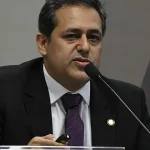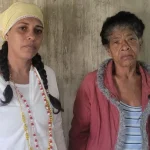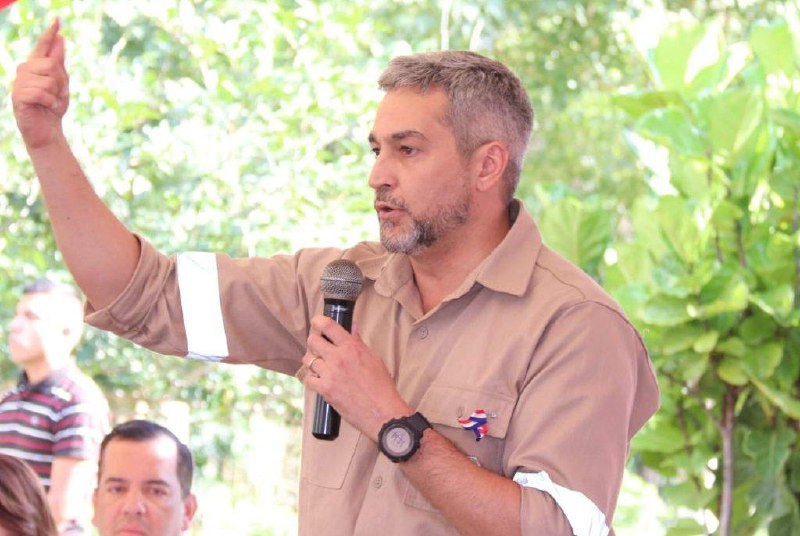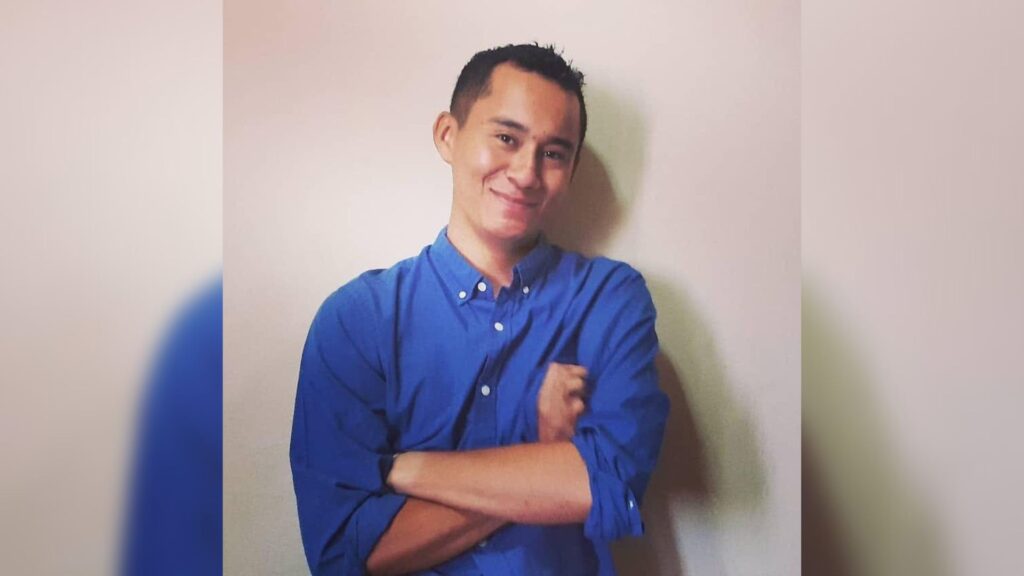Conservative and right-wing, Rodrigo Chaves entered politics like a racing car. At high speed he dodged questions of sexual harassment, wowed the disaffected with his economics credentials and became the 49th president in Costa Rica’s republican history.
He assures that he assumes the position with “humility” and “responsibility” and promises “a fair, honest and transparent government will be the best administration of all”.
With a brand new party, the Social Democratic Progress Party (PPSD), and being dimly remembered for his 180 days as finance minister between 2019 and 2020, his name was not on the radar of many.
He had even finished second in the first round, down 11 percentage points. However, after a campaign of mutual attacks with his rival, the centrist José María Figueres, the accusations of corruption against the latter weighed more heavily.
“It seemed that the accusations of harassment did less harm to Chaves than those of corruption to Figueres,” Alejandro Molina, from the National Policy Observatory of the University of Costa Rica, told AFP.
Based on his 30 years at the World Bank and his doctorate in economics from The Ohio State University and Harvard, he must now lead this nation out of a severe economic, political and social crisis.
Costa Rica currently has a debt of some 42,436 million dollars, which represents 70% of its GDP, the fourth highest in Latin America, with high rates of poverty (23%) and unemployment (14%).
Chaves obtained more than 52% of the votes against his rival Figueres in the ballot on April 3, in a campaign full of confrontations that presented him as frank and direct for some and arrogant and confrontational for others.
sexual harassment
It was precisely from the World Bank, his greatest professional credential, that most of the questions about his actions came from.
This man, approximately 1.85 m tall and with salt-and-pepper hair, carries a sanction from that multilateral organization for sexual harassment, due to inappropriate behavior between 2008 and 2013 with two young female subordinates.
“Rodrigo Chaves represents a more common profile of man and exercise in power than we believe in Costa Rica and in the whole world,” political analyst Gina Sibaja told AFP.
Chaves was sanctioned in October 2019 with a demotion to a position without dependents and the impossibility of a salary increase for three years. He resigned about a month later.
His defense was to point out that his attitudes were “jokes” and “misunderstandings in the face of cultural differences.”
“I have a wife, six sisters, eight aunts and two daughters, I have deep respect for all women,” he told AFP in February, ahead of the first round of elections.
A few days before assuming the presidency, he offered “apologies” to the aggrieved.
On March 28, the Wall Street Journal insisted that Chaves continued his misconduct with staff in Indonesia between 2018 and 2019, when he headed that headquarters.
The publication mentions that he did not obtain a position in Brazil because workers in that country refused his arrival, due to his reputation.
He has also been questioned for allegedly paying campaign expenses from unofficially declared bank accounts, something he denies.
“We are concerned that someone like this comes to power and further normalizes the behavior of harassment and violence against women” on the part of his supporters, said Rocío Jiménez, a member of the feminist group Chicas al Frente.











